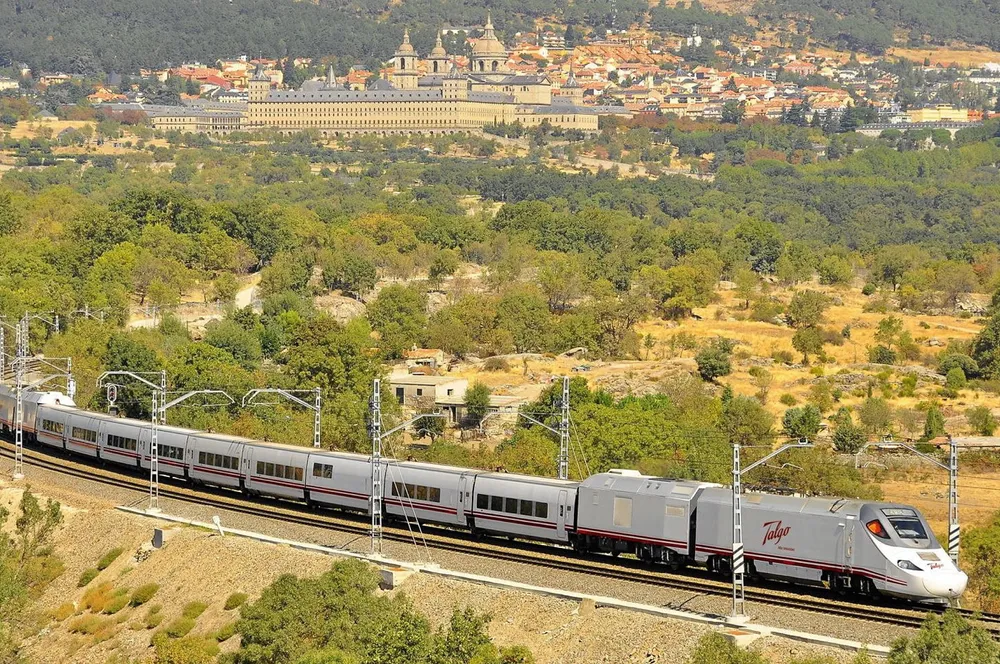Spain funds plan to develop world’s first hydrogen-electric hybrid train capable of speeds of over 250km/h
Ten companies collaborate to retrofit high-speed tilting train with H2 fuel cells for parts of rail network without overhead lines

Ten companies collaborate to retrofit high-speed tilting train with H2 fuel cells for parts of rail network without overhead lines
